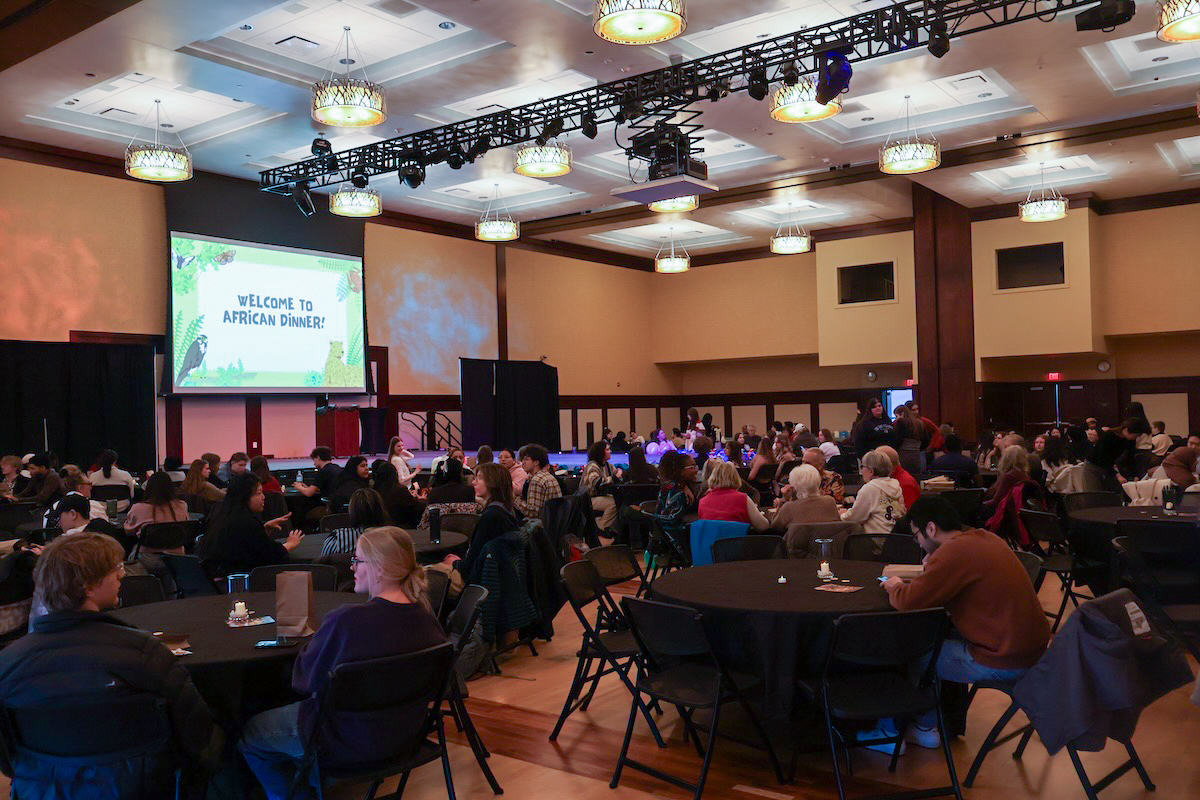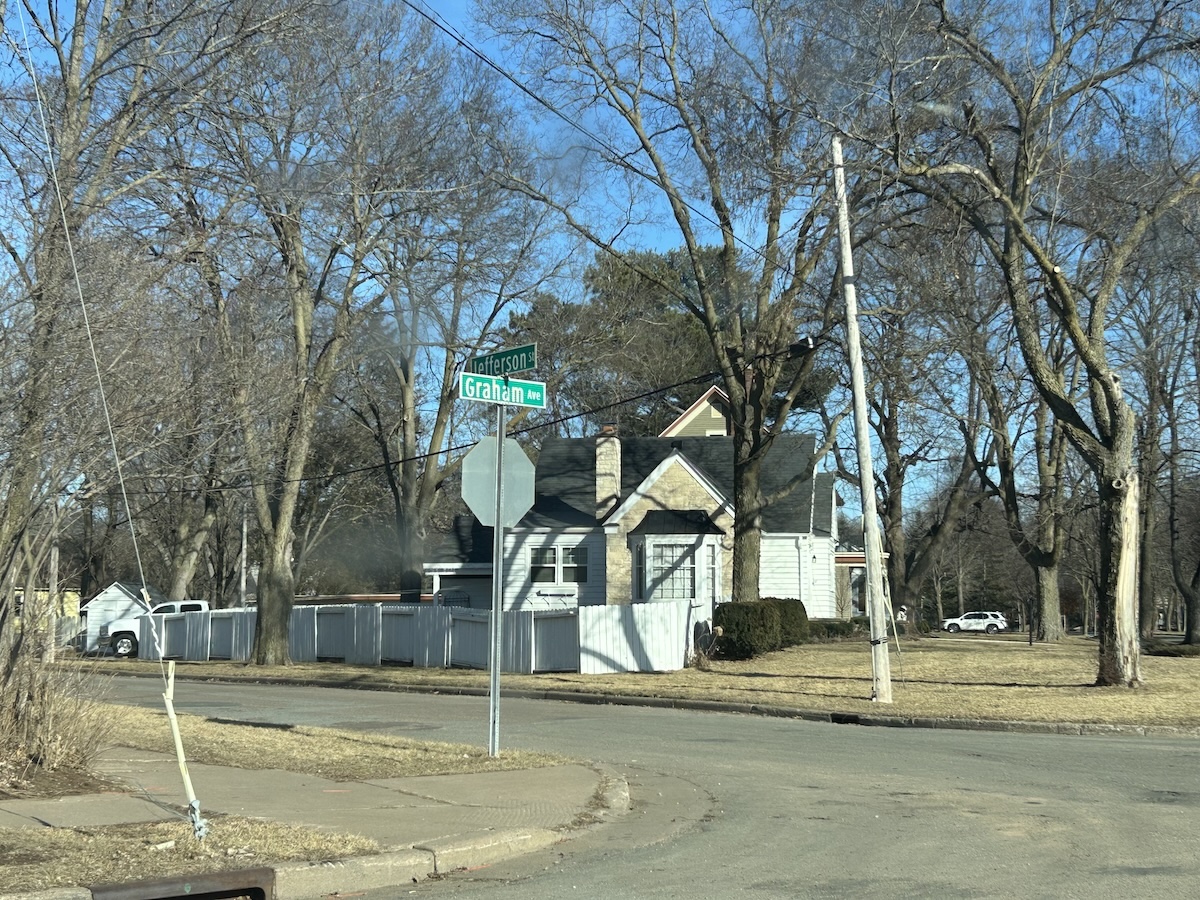Many students flock to Kjer Theatre after meetings and classes on lower campus to catch one of the Route 9 buses that takes them to upper campus or various destinations around Water Street.
“Many students embrace having the (bus) service … we see that it’s obviously something the students do want and that they really use,” said UW-Eau Claire Parking and Transportation Services coordinator Kimberly O’Kelly.
Her conclusion is drawn from the fact that last year, 316,404 Eau Claire students rode the bus, which is a 19.5 percent increase from five years ago, according to a university news release.
O’Kelly said there is a steady increase in bus ridership each year but the recent rise is significant.
“There’s been a push from students to try to get away from vehicles,” she said. “We’re seeing more bikes, more mopeds and the increase in (bus) ridership, which is great.”
Since 2009, the Route 9 service runs every 10 minutes between November and mid-March, which O’Kelly said was largely pushed for by students.
Citing factors such as cold weather and public transportation being an environmentally friendly alternative as reasons for the ridership increase, O’Kelly said the increase in cost for parking permits is likely an integral reason.
This year, both student commuter and residential parking permits rose $75 — commuter permits to $180 and residential to $210. O’Kelly said the number of student parking permits purchased generally hovers around the same number each year, but this year there was a significant drop.
“We can kind of just speculate … but I would say (permit) prices probably did have somewhat of an impact this year,” she said.
Along with the high prices of permits, there are limited parking spaces due to on-campus construction projects. The Phillips lot in particular has lost quite a few spaces.
Sophomore Katie Jensen said she has been an avid bus rider throughout the year. She said that finding parking on campus is often really difficult, so the bus is a nice alternative to having to deal with parking permits and simply finding a parking spot.
This year each student paid $23.25 in segregated fees that go toward maintaining the Route 9 bus service. Jensen said that while she lives off-campus and would ride the bus regardless of whether she paid segregated fees, she thinks other students would find it to be an enticement.
“It’s an incentive since you already pay for it in your fees, (you think) ‘I should use the bus,’” Jensen said.
O’Kelly said the transportation office is trying to branch out from strictly dealing with parking issues to accommodate the various transportation needs the university has. She said she is always willing to hear students’ suggestions about improvements to the Route 9 service and transportation issues for campus as a whole.
“It’s a baby step thing and we’re working on it,” O’Kelly said. “We are seeing increased bikes and mopeds — just different modes of transportation and the needs that those vehicles have. We have to look outside our normal bubble of transportation … and start more long-term planning.”







